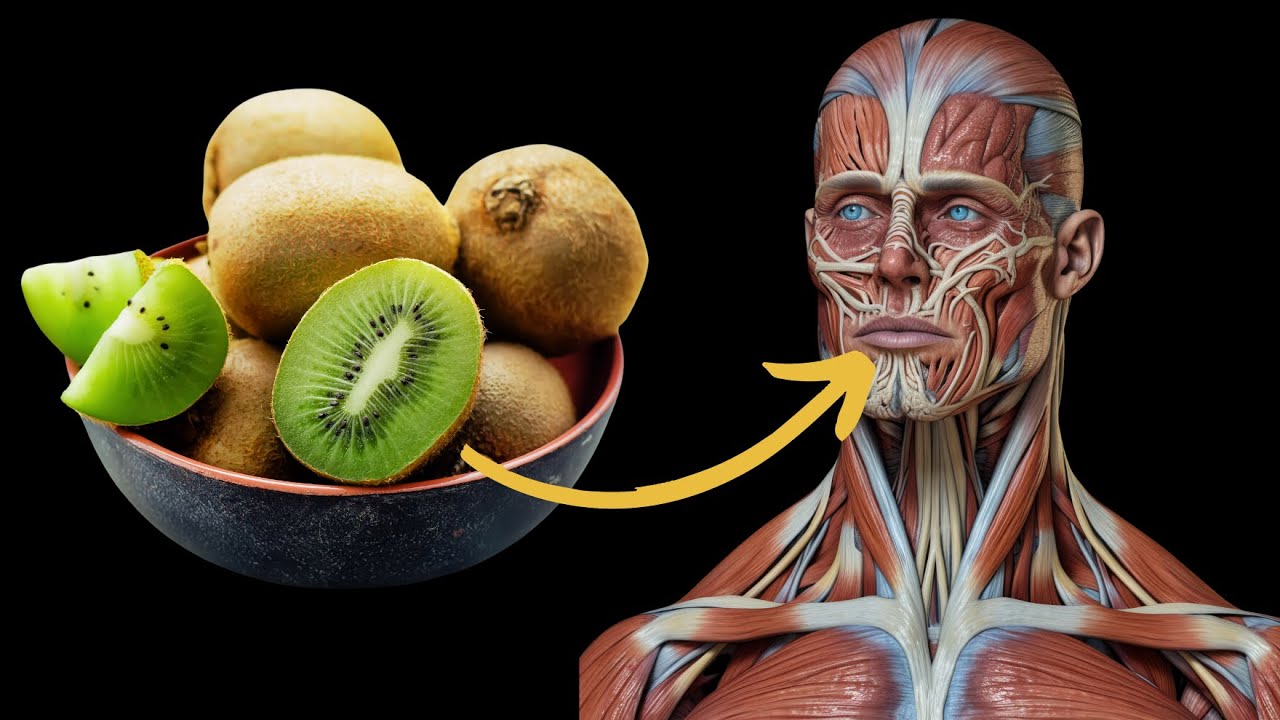
Pomegranate, often referred to as the “jewel of winter,” is not just a delicious fruit but also a powerhouse of health benefits. Incorporating pomegranate into your daily diet can have remarkable effects on both your heart and bladder. Let’s explore how this vibrant fruit can contribute to your overall well-being.
The Benefits for Your Heart
1. Rich in Antioxidants: Pomegranate seeds and juice are loaded with antioxidants, particularly punicalagins and anthocyanins, which help reduce oxidative stress and inflammation in the body. These antioxidants play a crucial role in protecting your heart.
2. Lowers Blood Pressure: Regular consumption of pomegranate juice has been shown to lower blood pressure levels. The polyphenols in pomegranate help relax blood vessels, improving blood flow and reducing the strain on your heart.
3. Reduces Cholesterol: Pomegranate can help lower bad cholesterol (LDL) levels and increase good cholesterol (HDL). This balance is essential for maintaining a healthy heart and preventing cardiovascular diseases.
4. Prevents Plaque Buildup: The antioxidants in pomegranate can help prevent the oxidation of LDL cholesterol, which is a major factor in the buildup of plaque in the arteries. This reduces the risk of atherosclerosis, a condition that can lead to heart attacks and strokes.
The Benefits for Your Bladder
1. Anti-Inflammatory Properties: Pomegranate’s anti-inflammatory properties can help reduce inflammation in the bladder, which is beneficial for people suffering from bladder conditions such as interstitial cystitis.
2. Antibacterial Effects: The fruit has natural antibacterial properties that can help prevent urinary tract infections (UTIs). Drinking pomegranate juice regularly can help keep the urinary tract healthy and free from harmful bacteria.
3. Hydration: Pomegranate is composed mostly of water, which helps keep the bladder hydrated. Proper hydration is key to flushing out toxins and preventing bladder infections.
4. Supports Kidney Function: By aiding in the detoxification process, pomegranates support overall kidney function, which in turn supports bladder health. A well-functioning kidney system can prevent the formation of kidney stones, which can cause severe bladder issues.
How to Incorporate Pomegranate into Your Diet
1. Fresh Seeds: Sprinkle fresh pomegranate seeds over salads, yogurt, or oatmeal for a burst of flavor and nutrition.
2. Juice: Drink a glass of pomegranate juice daily. Make sure to choose 100% pure pomegranate juice without added sugars for maximum health benefits.
3. Smoothies: Add pomegranate seeds or juice to your smoothies for an antioxidant boost.
4. Cooking: Use pomegranate seeds in cooking, such as in sauces, marinades, or as a garnish for meat dishes.
Tips for Enjoying Pomegranate
-
Choose Ripe Fruits: Select pomegranates that are heavy for their size with vibrant, unblemished skin.
-
Store Properly: Pomegranates can be stored at room temperature for a few days or in the refrigerator for up to two months.
-
Easy Seeding: To easily extract the seeds, cut the pomegranate in half, submerge it in a bowl of water, and gently break apart the seeds from the rind.
Conclusion
Eating pomegranate every day can bring significant benefits to your heart and bladder. With its rich antioxidant content, pomegranate helps protect against heart disease, lowers blood pressure, and reduces cholesterol levels. For the bladder, its anti-inflammatory and antibacterial properties help prevent infections and support overall urinary health. Incorporate this delicious and nutritious fruit into your daily diet and enjoy the numerous health benefits it offers!





